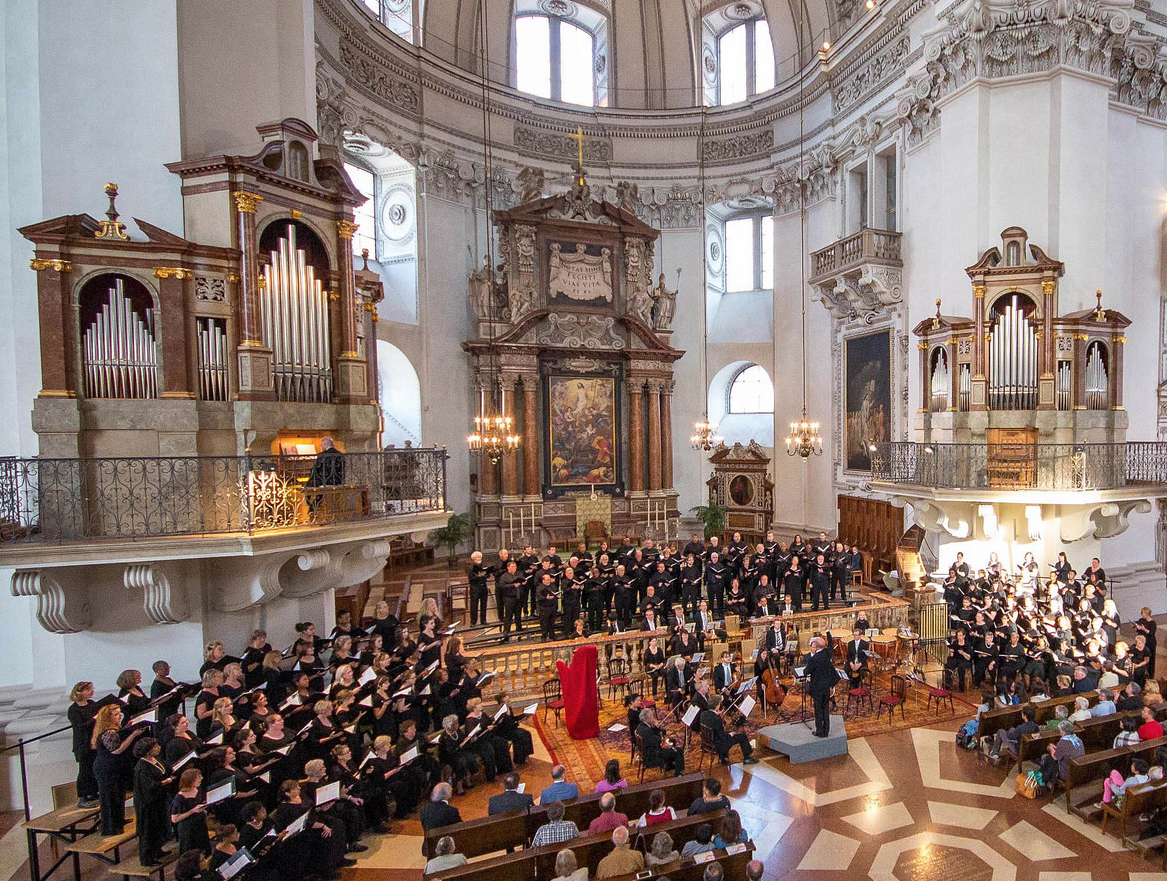How Playing Music Affects the Developing Brain, Part 2:
The Conservatory Lab Charter School, located in Boston, puts a high value on their musical program. Every student receives musical instruction regardless of whether they have had it before or not.
Diana Lam, the head of the school, includes music in the core curriculum because it teaches students to strive for quality in all areas of their lives and addresses the necessary behaviors and skills needed for academic success. Since implementing the Venezuelan music program, test scores have increased dramatically.
So while public schools have begun cutting music from their curriculum, the Conservatory Lab Charter School is bolstering its program, leading to many applications for the school. Diana Lam’s appreciation for music in childhood development is in line with what many neuroscientist are continually uncovering.
Many researches of music neuroscience understand that music is important for the developing brain. According to neuropsychologist Nadine Gabb, playing a musical instrument, especially if you start early in life, can help develop better reading skills and math skill among others. But what they are grappling to understand is the underlying mechanism which makes music so important for brain development.
Through their studies, Gabb and her colleagues believe that it is plausible to think that musical training does in fact improve executive functioning. For example, playing in an orchestral setting is influential in training the executive functioning skills because you have to play in a group and listen to each other.
This concept is analogous to what happens in the brain of a musician -- different brain systems are involved in successfully playing a musical piece. “Your auditory system, your motor system, your emotional system, your executive system; this playing together of these brain regions, almost like a musical ensemble.”
The success of the Conservatory Lab Charter School (and similar schools throughout the country) should be praised for keeping the music alive. As research has shown, their is a practical importance of music education and it has helped us to better understand the human brain. As more evidence is uncovered, schools with programs like the Conservatory Lab Charter School will hopefully become more common and music will live on in our school curriculums.
